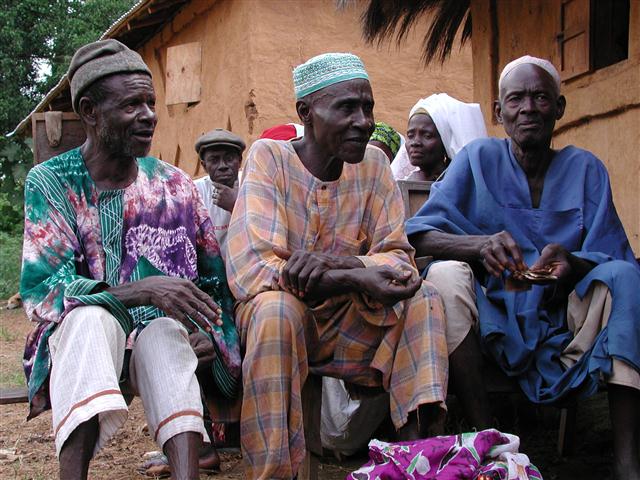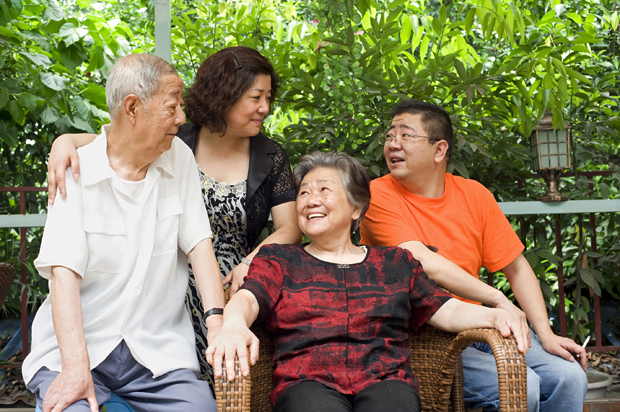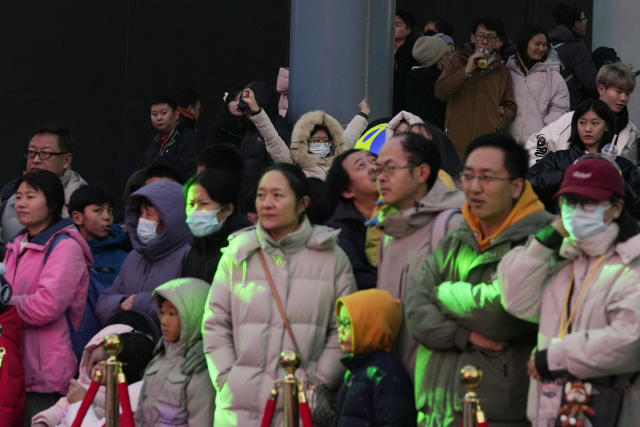The Future of a Hyper-Aging Society Navigated by Well-Being Technology
Today, humanity is experiencing a paradigm shift and transitioning to a new era. We live in a world where every person’s well-being - the happiness of the body and mind - is impacted by social environments born of numerous changes, including an aging and increasingly diverse society, changes to how and where we work, and outbreaks of emerging diseases. This changing panorama is raising people’s interest in well-being technology, as well as its value and importance. “Well-being technology” describes...










